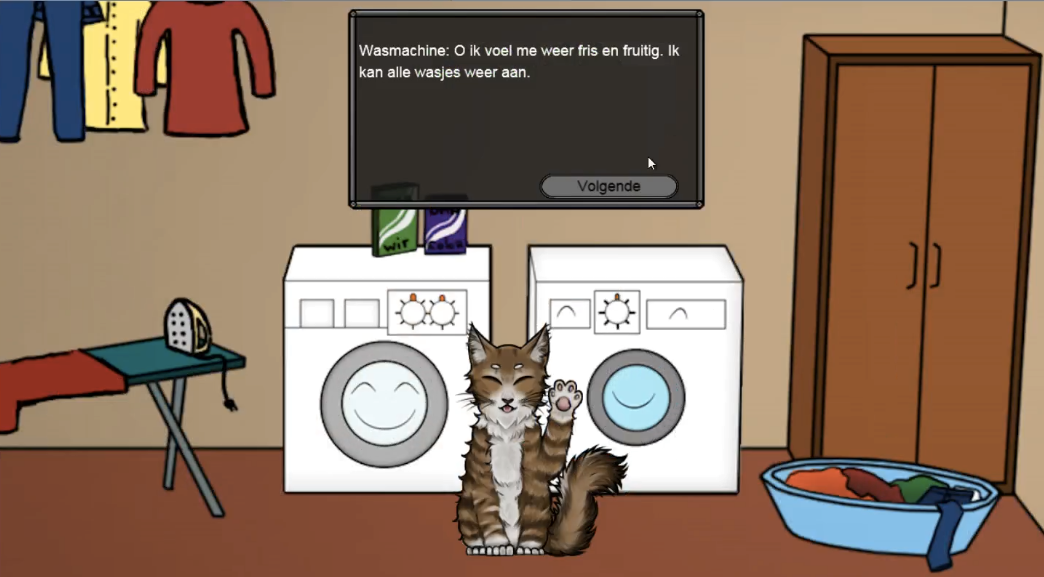Household Energy Conservation Intervention: a Game versus Dashboard Comparison
DOI:
https://doi.org/10.17083/ijsg.v6i3.300Keywords:
Gamification, Energy Conservation, Persuasive Games, Behaviour ChangeAbstract
This paper presents the results of a study, comparing a game versus a dashboard with respect to energy conservation in the household. In a pretest-posttest design, an empirical study tested whether change in attitude, knowledge, engagement and behaviour with respect to energy conservation in the household was different for participants playing Powersaver Game compared to a control condition where participants used an energy dashboard with the same content, but excluding game features. The aim of this game (developed using an iterative user-centered game design methodology) is to influence household energy consumption by means of electricity and gas usage in the long-term. The intervention time was at least 5 weeks and pre and post measures were based on 21 days intervals. All energy conservation activities that the application provides (e.g. washing clothes on low temperatures) take place in the real world and feedback is based on real time energy consumption. This real data into the game approach aims to optimize the transfer between the game world and the real world. Energy consumption significantly changed in the game condition compared to the control condition, and the difference between both conditions is more than 33% after the intervention. In the game condition, knowledge about energy conservation was significantly increased, although no significant differences in increase of attitude and engagement were found. We conclude that Powersaver Game is effective in transfer of energy conservation knowledge, which leads to energy saving behaviour on the long term. However, it cannot be concluded that playing the game leads to a greater change in attitude, probably because attitude scores of the participants were high from the start.

Downloads
Published
Issue
Section
License
Copyright (c) 2019 Jan Dirk Lou Fijnheer, Herre van Oostendorp, Remco Veltkamp

This work is licensed under a Creative Commons Attribution-NonCommercial-NoDerivatives 4.0 International License.
IJSG copyright information is provided here.